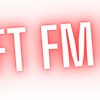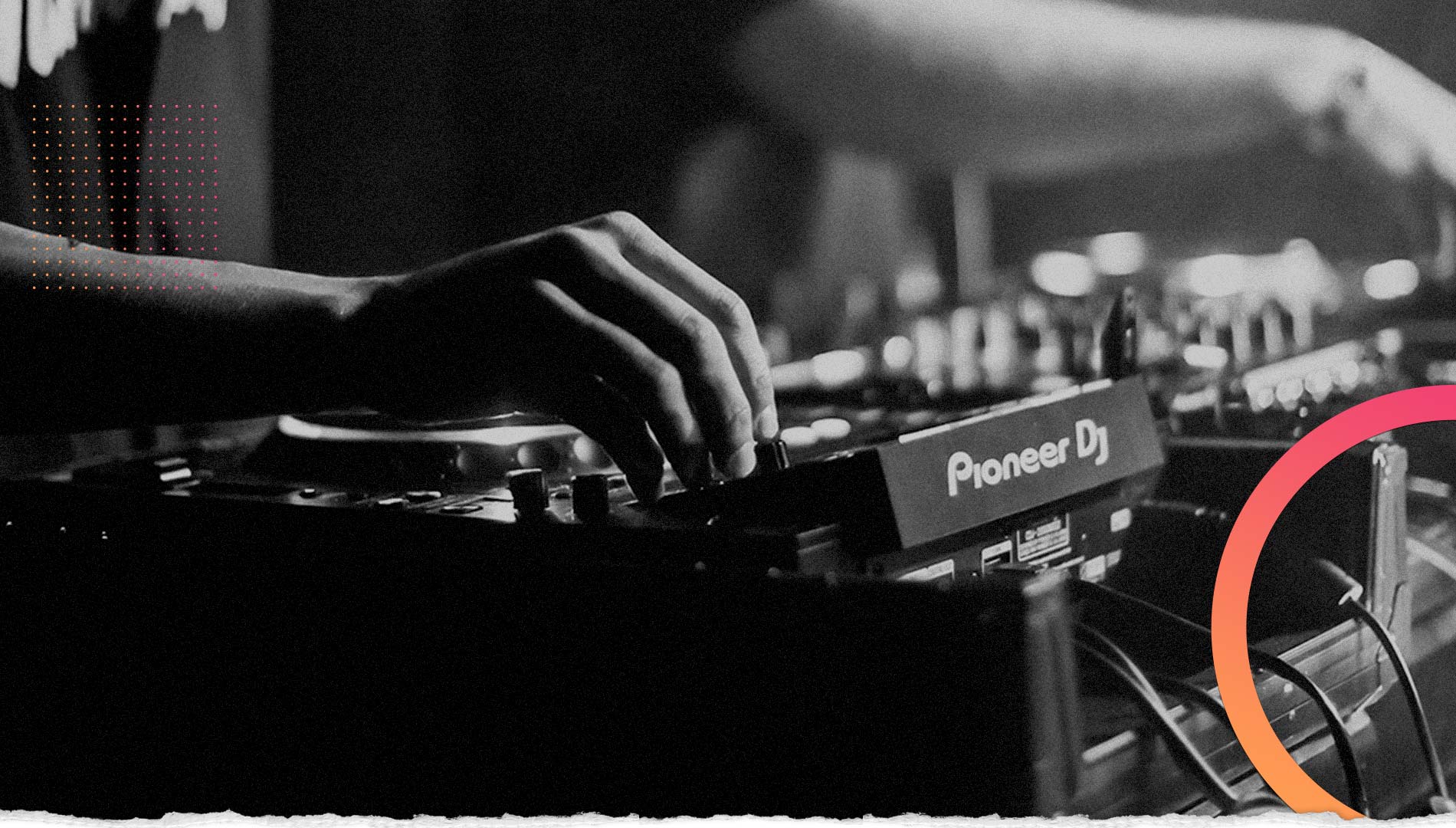Listeners:
Top listeners:
-
 play_arrow
play_arrow
Electromusic FM RADIO ONLINE 24/7
-
 play_arrow
play_arrow
London Calling Podcast Yana Bolder
The Fight Between Musicians and Venues Over Merch Profits Is a Big Deal With a Simple Solution

When Wednesday stepped onstage before a sold-out show opening for Beach Bunny last year, they took a moment to admire the romantic setting of the nearly century-old Fox Theater. By the time they ventured to the merch table, though, their dreamy mood turned into a dim memory; staff at the Oakland concert hall refused to negotiate, holding firm about taking a percentage of the band’s merchandise profits that evening. “Their merch cut was really inflexible,” says Wednesday singer Karly Hartzman. “Having someone be so intense to take $300 from an opening band is pretty despicable. They were getting plenty of money already from the main act, just to take more from a band that was barely making back their money.”
If you follow your favorite indie artists on social media, then there’s a good chance you’ve seen the conversation about merch cuts unfold over the past few years. When a handful of artists started openly discussing their experiences with venues taxing their merch in 2022, the general public got to peek behind closed doors. This Labor Day, Jeff Rosenstock uploaded a venue-by-venue breakdown of merch cuts on his headlining tour with a detailed explanation of what it all meant, which set the site formerly known as Twitter ablaze. Singer-songwriter Tomberlin followed suit with a consistent string of posts railing against merch cuts, and later, her detailed callout of the Virginia amphitheater Wolf Trap went viral. The fight to retain full merch profits has been a long one, with bands speaking up for years now. Countless artists have joined the recent public discourse—including Japanese Breakfast, Jack Antonoff, Ratboys, Dry Cleaning, Illuminati Hotties, and L’Rain—to say enough is enough.
The origin story of merch cuts has two unofficial tellings. When straightedge scenes started booking shows at bars in the 1980s, pub owners struck a deal to take a portion of a band’s merch profits to offset the lack of drink sales. That logic eventually coaxed its way into all-ages shows and, in turn, established music venues. Others have said that merch cuts began in the 1970s. With the rising popularity of tour shirts as souvenirs, promoters and venue owners in Los Angeles and New York City demanded a share of the profits for hosting concerts on their property, Dying Fetus’ Jason Netherton told Decibel.
The standard percentages of profits that venues take from merch range from 10 to as much as 40 percent, with those numbers varying between soft merch (clothing, hats, tote bags) and hard merch (vinyl, CDs, cassette tapes). That’s a sizable cut when you consider how much artists pay to create their goods in the first place. When a band spends $8 to print a T-shirt and sells it to fans for $20, they earn a profit margin of $12 per shirt. If that same band sells their album on vinyl for $20, but had to pay $15 wholesale for each individual copy, that results in a $5 profit margin. For CDs, cassette tapes, and books, the profit margins get even smaller. That meager pile of money shrinks more once venues carve out their take, which leads to artists raising the price of merch.
Written by: Soft FM Radio Staff
big deal fight merch musicians Profits Simple solution venues
Similar posts
Electro Music Newsletter
Don't miss a beat
Sign up for the latest electronic news and special deals
EMAIL ADDRESS*
By signing up, you understand and agree that your data will be collected and used subject to our Privacy Policy and Terms of Use.
Podcast episodes
 Invalid license, for more info click here
Invalid license, for more info click here
Copy rights Soft FM Radio.




